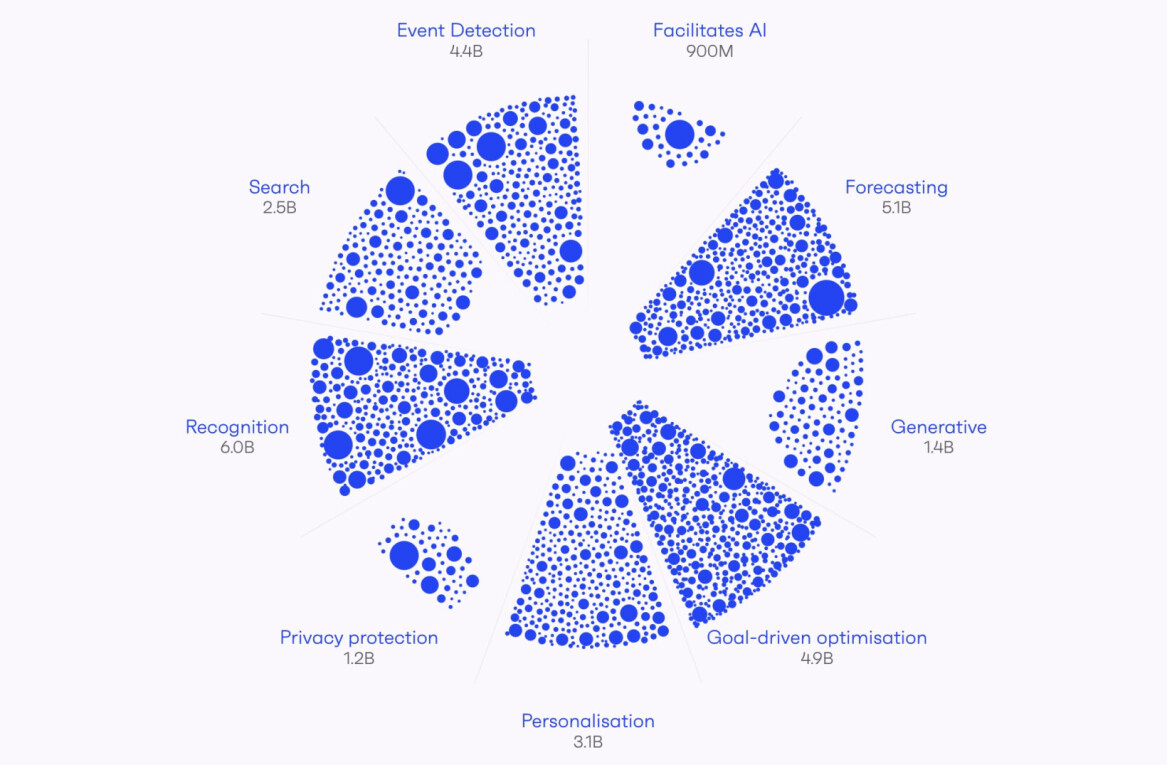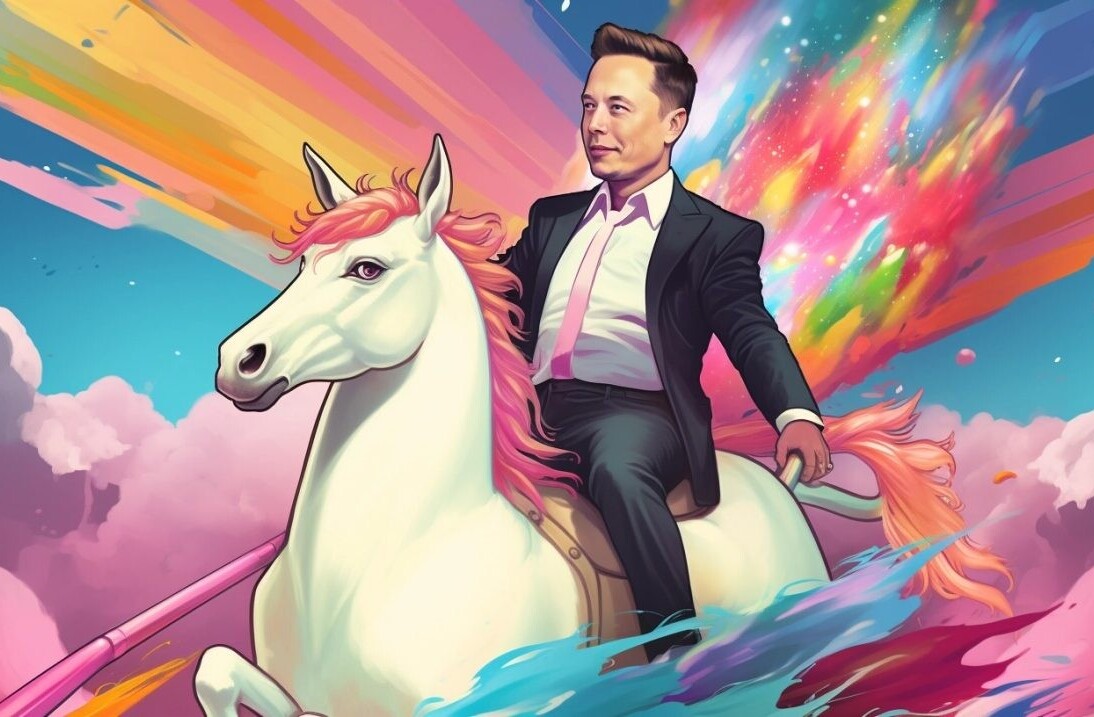
Alcohol [al-kuh-hawl, -hol]
–noun
Also called ethyl alcohol, grain alcohol, ethanol, fermentation alcohol. A colorless, limpid, volatile, flammable, water-miscible liquid, C 2 H 5 OH, having an etherlike odor and pungent, burning taste, the intoxicating principle of fermented liquors, produced by yeast fermentation of certain carbohydrates, as grains, molasses, starch, or sugar, or obtained synthetically by hydration of ethylene or as a by-product of certain hydrocarbon syntheses.
Despite this rather dry dictionary definition, alcohol is perhaps most widely associated with fun.
The mind-altering effects of the sweet amber nectar has probably been around a lot longer than you imagine, with evidence of fermentation and distillation dating back as far as 8,000 BC. From early civilization through the late Middle Ages and on to the champagne-swirling, Red Bull-cocktail mashups we see today, alcohol has shaped cultures, created industries and served up a barrel-load of laughs along the way. Yes, it’s also wrecked marriages, broken up families and created a lot of illness too, but that’s a story for another day.
However, at a time when there’s almost-literally an app for everything, why can’t I yet procure a bottle of rum, keg of beer or box of wine for delivery to my house, using the wonders of the Web, or a nifty little mobile app?
Before you correct me, yes, I’m aware there are ways to do this. Many supermarkets, such as Tesco and Waitrose allow you to add a bevy of booze to your virtual shopping cart, while dedicated alcohol emporiums such as Majestic Wine will also deliver a delicious Merlot or six direct to your door.
What I’m talking about though is near-instant, 60-minutes or less – a service similar to what we already have in the cuisine realm.
A quick Google Search reveals a smattering of promising options, but digging down reveals some very half-baked, amateur-looking sites, most of which require you to telephone. Some sites tick some of the boxes – but where are the well-established, big-brand offerings, ones with cool user-friendly mobile apps? Like Uber…but for alcohol delivery.
Britain loves a tipple – myself and all my friends would regularly use such a service if it was well-known, but there seemingly isn’t one. So we don’t.
The delivery discrepancy

Why is it I can order and annihilate a 16″ Pepperoni, a Chicken Chow Mein, or a Lamb Jalfrezi within an hour of that first hunger pang kicking in – without leaving the sofa – but I can’t get a frothy Fürstenberg to enjoy alongside it?
There are numerous circumstances that may necessitate a food delivery, be it weather-related or sheer laziness. But if you want a cold beer to wash your wings down with, well, you will have to traipse to the shops. And if that’s the case, you’d may as well just collect your pizza at the same time, right?
This is surely a fundamental flaw of online food delivery services not only in the UK, where I live, but in many other countries too. So to help me understand why this discrepancy exists, I thought I’d delve a little deeper to see why I can’t beckon a bottle of Beaujolais via the Web, mobile or smart TV.
 The hypothetical business: Apps and alcohol on tap
The hypothetical business: Apps and alcohol on tap
I’m not exactly sure how my ideal service would work, but just so we’re all on the same page, this is roughly the kind of company I’m talking about.
It’s an entirely online business that sells beers, spirits, wine (and everything in between), and the buyer must sign-up for an online account, similar to Amazon, and register a credit/debit card. They can then order anything they like for delivery within a short period of time – let’s say one hour maximum. All customer service is entirely online, no telephone service is offered.
Oh, and the company also offers native mobile apps for iOS and Android, meaning users can arrange for delivery of a crate of beer with the deftest of touches.
This is the purest form of the business I’m talking about, but I understand there may be many reasons why such a niche, single-product business might not work – the margins just might be too small for it to be profitable.
So I’m prepared to open this to food delivery outlets too. Everyone loves a glass of wine with their dinner, right?
Examples: Domino’s & Pizza Hut
We’ve previously covered Domino’s’ rise to prominence in the mobile space. Indeed, mobile now accounts for more than 18% of its online sales in the UK, and at one point it saw £1 million in mobile sales in a single week last year. It even has a Windows Phone app.
Can you imagine how much more money Domino’s could make if even a quarter of its orders opted for a £10 bottle of wine too, or a few cold, crisp beers? So why doesn’t it do it? A spokesperson for Domino’s said:
“Pizza and beer undeniably go well together. However, there are many factors to acknowledge when considering the sale of alcohol. These include licensing restrictions, maintaining the safety of team members and ensuring that underage sales are not permitted.
We do not currently sell alcohol in the UK and Ireland, but are always considering new ways to meet our customers’ needs. If we were to sell alcohol then appropriate trials, training, licensing and restrictions would have to be in place.”
Okay, so it would be possible to offer such a service, but it would have to make considerable investments (financial and otherwise) in the initiative. Plus, it likely won’t know how popular the service would prove, though I guess that’s where trials would come in to play, alongside a little market research.
And what about Pizza Hut, another food delivery behemoth that doesn’t offer alcohol delivery? It’s worth noting that it does offer alcohol for sale in its sit-in restaurants though. A spokesperson for Pizza Hut said:
“The reason that we don’t do alcohol, is because there simply isn’t the demand. A very small number of customers have requested that delivery outlets sell alcohol, but given that selling alcohol is so complex and that there’s licensing, storage, security, and all that kind of stuff to consider, that’s why we don’t offer it.”
Admittedly, it would require a fair bit of investment to get the ball rolling, in terms of getting appropriate legal permissions, and that kind of stuff, but there is demand for it. Most customers probably just don’t bother asking, but I bet if wine was on the online menu, it would go down a storm. Both literally and metaphorically, I might add.
If it’s not practical to have a dedicated online alcohol delivery service, I don’t see why High Street off licenses, or even local independent stores, couldn’t operate a pizza-delivery style model. A physical store that sells wines, spirits, beers and so on, but with one or two couriers on scooters or in vans working within a 3-mile radius delivering drinks.
Historical precedents: In60.com

The type of business I’m talking about certainly has existed in the past – I remember ’round about the turn of the century a company called In60.com operating near where I lived in Edinburgh. It delivered general groceries, videos, DVDs and, of course, alcohol. And all this more-or-less round-the-clock.
Despite the inherent barriers of the time – we were firmly implanted in the dawdling days of dial-up – it was a service that myself and many friends used. A lot. And often we would place a late-night order for a box of beer when all the off licenses were closed – the website had a fully integrated e-commerce system for payments, and the driver would check for ID on delivery. They would also accept cash on delivery too, if that’s what you wanted.
Indeed, the burgeoning e-commerce boom brought in a slew of similar services – KooBuycity.com, Lastorders.com, UrbanFetch, QueueJumper.com and Kozmo.com. Many of them also delivered alcohol. Indeed Lastorders.com is actually still operating, and is pretty close to the sort of service I’m looking for but, alas, it’s all about next-day delivery. Plus, no apps.
Most of these companies ultimately fell by the way-side for one reason or another, despite an apparent demand for the services they were offering. In60.com was claiming 2,000 orders a week in Edinburgh alone back in 2000 – for that period, that really wasn’t bad at all.
I managed to track down Rory McGown, former In60.com Chief Operating Officer, to get his take on how things worked, how things didn’t work and what lessons can be learnt for any company attempting a similar offering today. When In60.com folded, McGown actually went on to found his own company along the same sort of lines as In60.com, called Rushhour, so he’s well positioned to give us some clues.
“In60.com was set up in the dotcom boom and was primarily interested in getting customer-counts up and more venture capital by doing so,” he says. “There was no minimum order-size, and no delivery charge – so half the orders were losing the company money, they made less than the cost of delivering them.”
Okay, not a good start for sure. But these seem far from insurmountable for any modern-day entrepreneur looking to set-up shop. And what about licensing issues?
“We had an off license for the shop. However, as a loophole around the restricted hours off licenses – i.e. no later than 10pm – we could wholesale alcohol after 10pm.
It is not regulated by off licensing hours. But you cannot have a wholesale premise within an off licensed premises, so we had to rent a garage nearby that served as wholesale premises. However, wholesale requires minimum quantities of (if my memory is correct) 20 litres of beer and 9 litres of wine. Roughly 2 cases each. It was us exploiting this loophole that brought us to the attention of the police, led to their inflexibility about how late the delivery side could stay open and ultimately led to the failure of the business.”
So does McGown see any reason why one of the big off license chains couldn’t operate a delivery service similar to what Domino’s does with pizza? A guy travels around on a scooter or van, mobile phone in hand, delivering bottles of wine, crates of beer and such like. But it still has the physical in-store presence which is where the bulk of the business comes from.
“The main reason is lack of margin – in a 1-hour delivery model, the driver needs to keep returning to base, so this restricts the number of orders they can do in an hour – 3.5 would be an average,” explains McGown.
“Paying an hourly-wage of £6, and £1 per drop, means costs of approx £2+ per order, before picking and packing,” he continues. “This is as opposed to a courier delivering Amazon goods, where the van is loaded up at the start of the day, the most efficient route planned and the driver is doing drop after drop.”
McGown says that a 60-minute delivery service doesn’t permit efficiency, and is thus too expensive per order. “A big pizza chain works to roughly a 70% Gross Profit Margin, with average orders being around £15,” he says. “Alcohol is a far lower margin, you are lucky if you can get to 30%. Also, people look at the price and compare it to their local supermarket, who will have an even lower margin.”
Maybe my hair-brained scheme isn’t such a good idea after all, but I think back to when I used In60.com, and we would often order more than we really needed in the early hours, just because it was our only option. I still think there must be some entrepreneur out there who can figure out a model that works to plug this gap, though from McGown’s experiences, he doesn’t see it being a viable business option.
“The underlying demand needs to be there and it needs margin,” adds McGown. “Apps make it easier to order, but do not create demand. If the underlying model does not add up, easy ordering will not help. The margins are too small, order sizes are too small, the competition sells at cheaper prices everywhere, and costs of delivery are too high.”
Perhaps I may have to settle for an existing big-brand food delivery services to start introducing wine to their menus after all, but that’s fine.
Scenarios: Is there really a need?

When all is said and done, is there really a need for such a service? Well, no of course there isn’t a need per se. It’s entirely a luxury add-on service, but booze is big business, so that’s why I’m surprised it’s so difficult – nay, impossible – to order alcohol for delivery online within a short period of time.
I know that I have been in many situations where such a service would have been used (and quite possibly abused). And I know I’m not alone here.
- That late-night game of poker that lasts far beyond its planned finishing time?
- A quiet night in with the missus, pizza menu in-hand…but wait, no booze?
- Hurricane Hilda is wreaking havoc outside, and you totally forgot to get that box of vin rouge for your dinner party?
- Your wife’s out for the night, baby’s in bed, you’d LOVE a cheeky little glass of wine or 4…but it would be awfully irresponsible to go the shop, right?
You could combine all these above scenarios, and throw in a heap of new ones, and you’ll see that there is a huge gap in the market here. But there are other reasons why it might not be a good idea, beyond business viability.
The social aspect
Does Britain really need an easier conduit to getting drunk?
As a nation with a well-documented history of alcohol obsession, maybe making beer, wine and spirits more accessible wouldn’t be a good idea. Alcohol-related health problems cost the NHS somewhere in the region of £3bn a year as things stand. And that’s before we even go near other social issues, such as violence and public disorder.
However, that still doesn’t explain why such a service doesn’t exist. Where there’s demand and money to be made, supply is never normally too far behind.
And what about laziness? Should we as humans be encouraged to stay at home any more than we already do? Well, we’re already ordering everything online as it is – groceries, clothes, electronics, I don’t see why throwing booze into the mix would make any difference to anything.
What do you think – is there a big gap in the market? Would such a service work? Moreover, could you devise a business model to make this work? Leave your thoughts and comments below.
Feature Image Credit – Thinkstock | Image Credit 1 – Thinkstock | Image Credit 2 – Thinkstock |
Get the TNW newsletter
Get the most important tech news in your inbox each week.
 The hypothetical business: Apps and alcohol on tap
The hypothetical business: Apps and alcohol on tap



